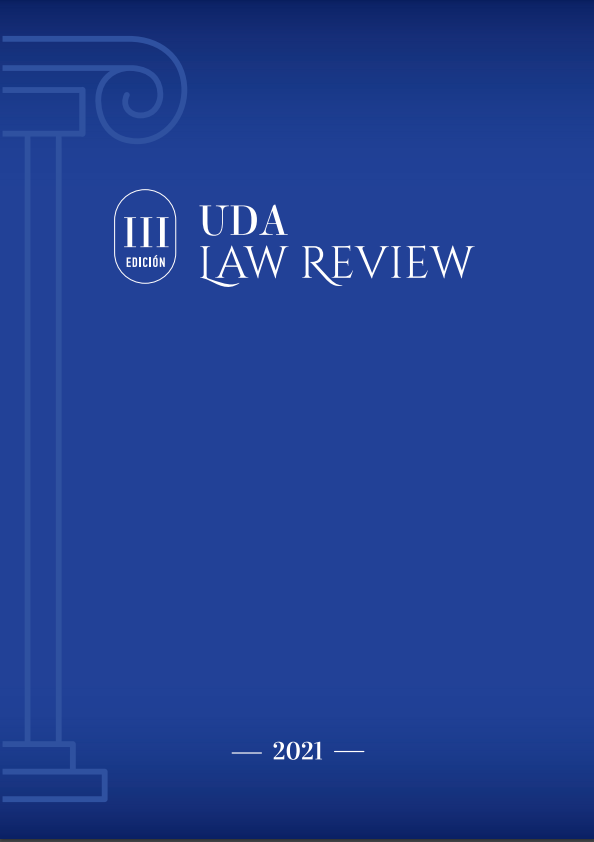El derecho ante las tecnologías disruptivas:personalidad electrónica y responsabilidad civil
Palabras clave:
nuevas tecnologías, personalidad jurídica, responsabilidad civil, tecnologías disruptivasResumen
El constante desarrollo de las nuevas tecnologías, su inminente avance en el mercado y su alcance cada vez más asequible para los consumidores, es motivo de una profunda preocupación para juristas y legisladores a nivel global, quienes buscan dar solución a las diversas controversias que puedan surgir, así como brindar una regulación eficaz desde las múltiples aristas que deben ocupar al Derecho. Desde este aspecto, las características propias de las tecnologías digitales emergentes, como su autonomía, imprevisibilidad, opacidad, entre otras, constituyen el principal obstáculo a afrontar desde la perspectiva de la responsabilidad civil. En este sentido, es pertinente reparar en la era de hipertecnologización que atraviesa nuestra sociedad, cuyas consecuencias jurídicas serán muy diversas y resultan aún desconocidas, por lo que constituyen la vanguardia actual del estudio del Derecho, en un estadio científico, económico y social que ya es denominado como Cuarta Revolución Industrial. Así, la inteligencia artificial, ha sido un tema de atención para diversas
ramas de la ciencia desde hace siglos, y, en su contexto, surge el cuestionamiento sobre un posible reconocimiento de personalidad jurídica a los artefactos dotados de esta tecnología; así como la necesidad de implementar un marco normativo eficaz en cuanto a la prevención y reparación de los daños que puedan ocasionarse por la utilización de tecnologías digitales emergentes. Por lo tanto, el objetivo de este texto es abordar, en rasgos generales, las instituciones de la personalidad y de la responsabilidad civil en relación con las tecnologías disruptivas, como enfoque primordial de este particular desde el ámbito del Derecho Privado.
Palabras clave: nuevas tecnologías, personalidad jurídica, responsabilidad civil, tecnologías disruptivas.
Abstract
The constant development of new technologies, their imminent advance in the market and their increasingly affordable scope for consumers, is a matter of deep concern for jurists and legislators at a global level, who seek to solve the various controversies that may arise. , as well as providing effective regulation from the multiple edges that the Law must occupy. From this point of view, the characteristics of emerging digital technologies, such as their autonomy, unpredictability, opacity, among others, constitute the main obstacle to face from the perspective of civil liability. In this sense, it is pertinent to pay attention to the era of hypertechnologization that our society is going through, legal consequences will be very diverse and are still unknown, which is why they constitute the current vanguard of the study of Law, in a scientific, economic and social stage that is already called as the Fourth Industrial Revolution. Thus, artificial intelligence has been a subject of attention for various branches of science for centuries, and, in its context, the question arises about a possible recognition of legal personality to artifacts equipped with this technology; as well as the need to implement an effective regulatory framework regarding the prevention and repair of the damages that the use of emerging digital technologies may cause. Therefore, the objective of this text is to
address in general features the institutions of personality and civil liability in relation to disruptive technologies, as a primary focus of this particular from the field of Private Law.
Key words: new technologies, legal personality, civil liability, disruptive technologies.


